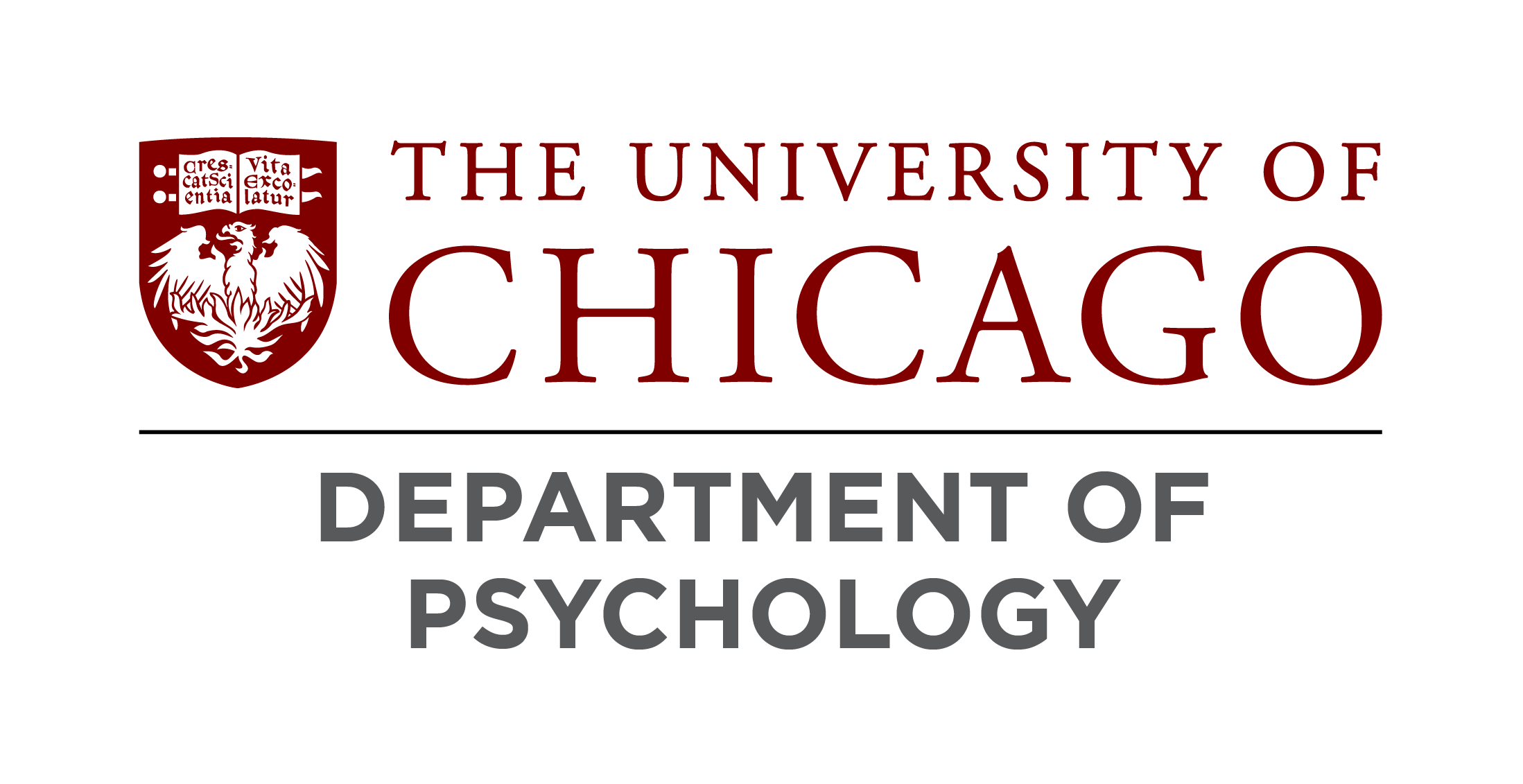Marylyn C. Grabosky Lecture in Psychology and Neuroscience
THURSDAY, OCTOBER 26, 2023
3:30 - 5:00 PM WITH RECEPTION TO FOLLOW
Thomas Friedman Hall at the David Rubenstein Forum
1201 E. 60th Street
Chicago, Illinois
and via Zoom
This lecture is free and open to the public, but registration is required. Please RSVP here.
Causes and Consequences of Exploration across Development
Throughout our lives, we constantly face decisions of whether or not to engage with novel or uncertain aspects of our environments. Ecological studies of animal behavior and laboratory studies of humans suggest that how we make these decisions to explore exhibits systematic changes across the lifespan, but the causes of these developmental changes, as well as their consequences, are not well-characterized. In this talk, I will present studies of individuals navigating both laboratory tasks and real-world environments that highlight the tight coupling between novelty-seeking and affective states, and the differential effects of novelty and uncertainty on exploration across development. I will discuss how combining real-world data with in-lab studies can yield unique insights into the cognitive, computational, and neural mechanisms that drive exploratory behavior in ecological contexts.
Catherine Hartley, Ph.D.
Associate Professor of Psychology and Neural Science
New York University
Background
Catherine Hartley received a PhD in in Psychology from New York University in 2011 and a BS in Symbolic Systems from Stanford University in 1999. She completed a post-doctoral fellowship at Weill Medical College at the Sackler Institute for Developmental Psychobiology and was an assistant professor of psychology in Psychiatry at Weill Medical College. Currently, Dr. Hartley is an Associate Professor of Psychology and Neural Science at New York University.
Research interests
Learning lays the foundation for motivated behavior, enabling us to anticipate and respond adaptively to salient events. Research in the Hartley lab focuses on characterizing the diverse learning and decision-making processes that support adaptive motivated behavior. Specifically, we focus on understanding: 1) what cognitive, computational, and neural processes are engaged to predict positive and negative environmental events and evaluate potential behavioral responses, 2) how these learning and decision-making processes change over development as our environments and our capabilities also change, and 3) what factors facilitate or constrain these processes for a given individual. We use an array of methodological techniques to pursue these questions including neuroimaging, psychophysiology, computational modeling, and genetics, in conjunction with experimental paradigms that draw upon both animal learning and economic decision theories.
Additional events:
- Thursday, October 26, lunch with speaker for graduate students and postdocs.
- Friday, October 27, lunch career discussion for undergraduate students.
Please fill out this form if interested in attending the student lunches.
This lecture is made possible by the Marylyn C. Grabosky STEM Education Initiative Fund and is one of two lifetime endowments named in honor of Marylyn Grabosky (1940-2021). Marylyn was an alumna of the University who was a champion of women, education, and STEM education. The Division of the Social Sciences is grateful to Marylyn and her spouse Laura Desmond for generously establishing the Marylyn C. Grabosky Lecture in Psychology and Neuroscience.
If you need accommodations to attend this lecture, please email Kristi Schonwald at kschonwa@uchicago.edu.
 THE UNIVERSITY OF CHICAGO
THE UNIVERSITY OF CHICAGO


